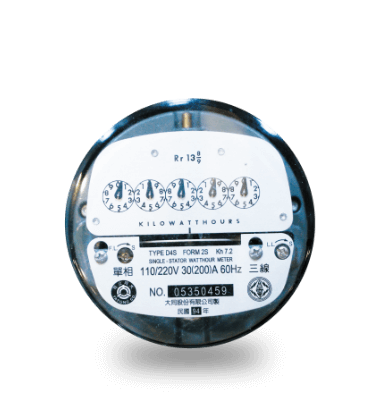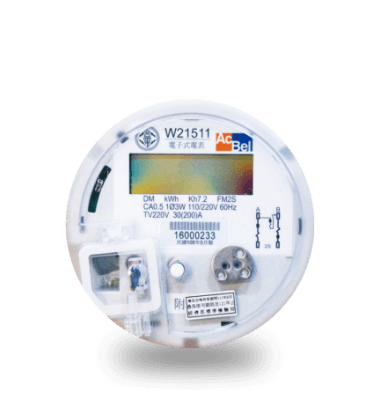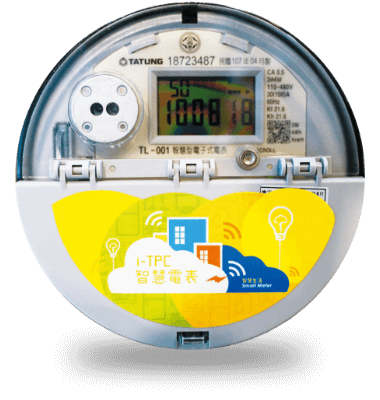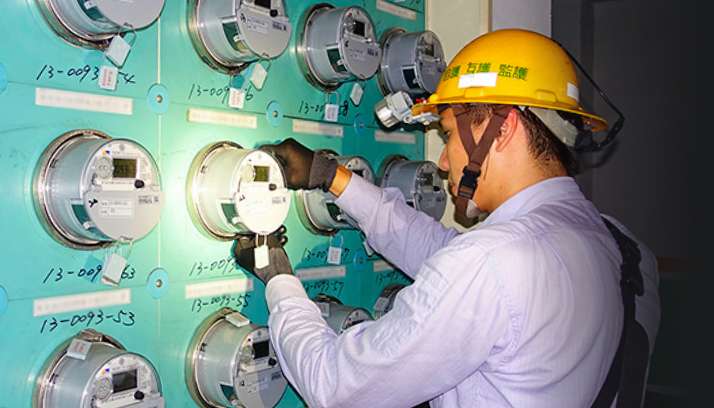Demand Response
Since 1987, Taipower has implemented various demand response load management measures that have generally offered electricity bill reductions as incentives. These measures encourage users to reduce peak electricity consumption or shift it to off-peak hours during periods of system demand. Planned measures include pre-agreed load reduction programs such as the "8 days selected in a month"and"periods selected in a day" types. Immediate measures include guaranteed and flexible responses activated during power supply shortages. Demand bidding measures allow users to submit their own bids for incentive rates. Upon winning the bid, they reduce electricity usage at the specified time. Bidding types include economic, reliable, and combined models. In 2024, Taipower launched a pilot program for automated demand response in residential and commercial sectors.

Electro-mechanical meter

Electricity meter

Automated Metering Infrastructure (AMI)

Time-of-Use Rates
Time-of-Use Rates Time-of-Use (TOU) rates apply different tariffs for different time periods to reflect variations in power supply costs and guide users to shift or reduce peak electricity consumption to off-peak hours. Taipower has implemented TOU rates since 1979, and currently, there are 16 TOU rate schemes available for different types of users. TOU rates have been mandatory for high-voltage users since 1989, while low-voltage users may opt in voluntarily. To meet system requirements and offer users more flexible options, Taipower continues to refine and promote TOU rate schemes.

Current Status of Electric Vehicle Planning
Taipower has drawn on international practices to integrate electric vehicle (EV) charging and battery swapping needs, promote the development of charging infrastructure, and support the growth of the EV market while maintaining grid stability.In2022,Taipower introduced the "Electric Vehicle Charging and Swapping Facility Tariff," which features three key attributes: low basic charges, high price differentials, and extended off-peak periods. This tariff applies to high-demand, contracted-capacity charging or swapping facilities such as residential building chargers, public or private charging stations, and electric scooter battery exchange stations. In support of government efforts to promote transportation electrification,Taipower has relaxed the application requirements for EV chargers in collective housing and established dedicated electricity pricing schemes. As of December31,2024,Taipower had received 7,109electricity service applications for EV use, of which 5,142 had completed power supply connection, and 1,967cases were still pending. Among the pending cases,332 had not been energized for over six months for reasons unrelated to Taipower.
Innovative Services via the Taipower Mobile App
Taipower continues to expand payment options and push notification features. For low-voltage AMI users, the app now offers visualized consumption charts, unbilled electricity data, tariff simulation, usage alerts, and residential electricity analysis to meet user needs and enhance service quality.



